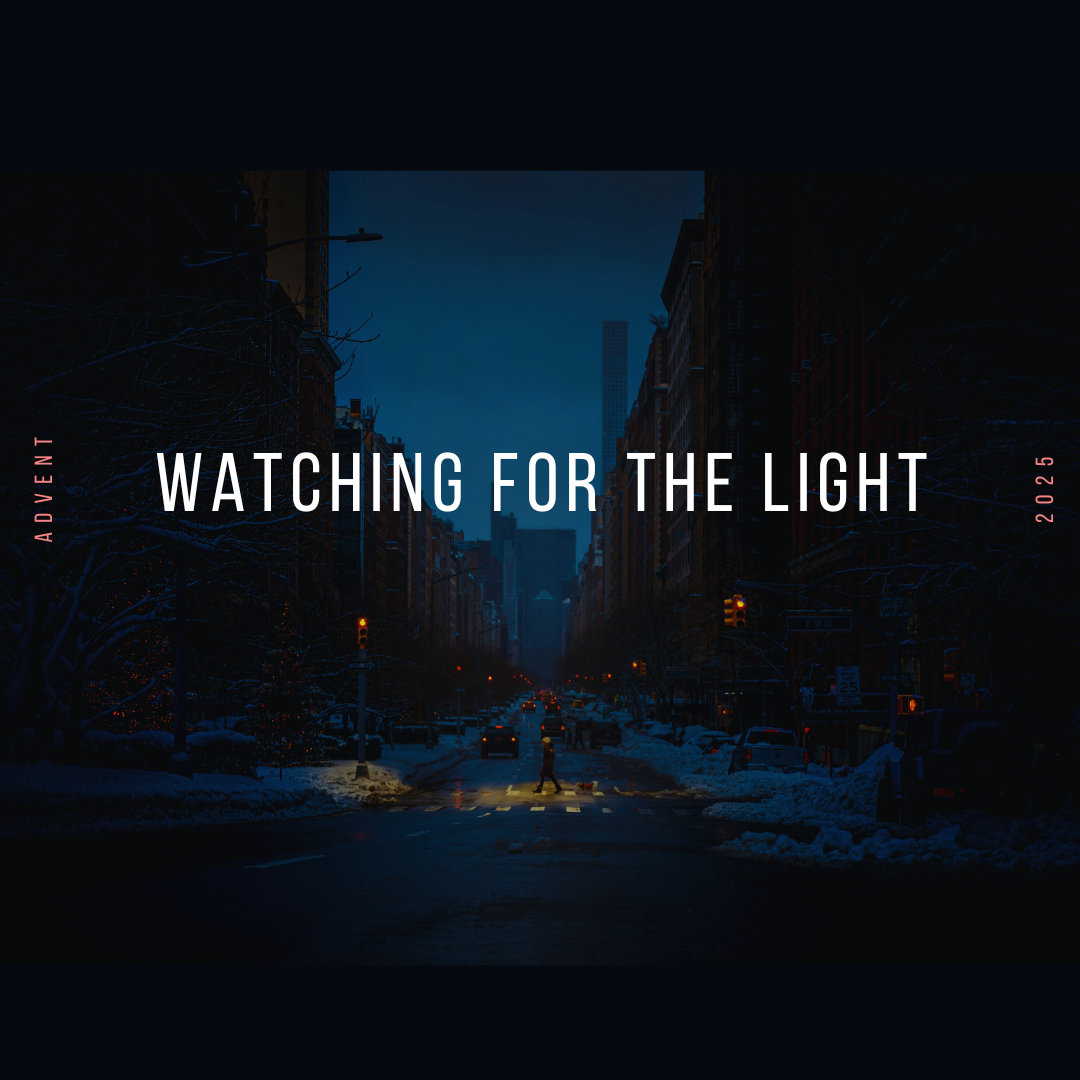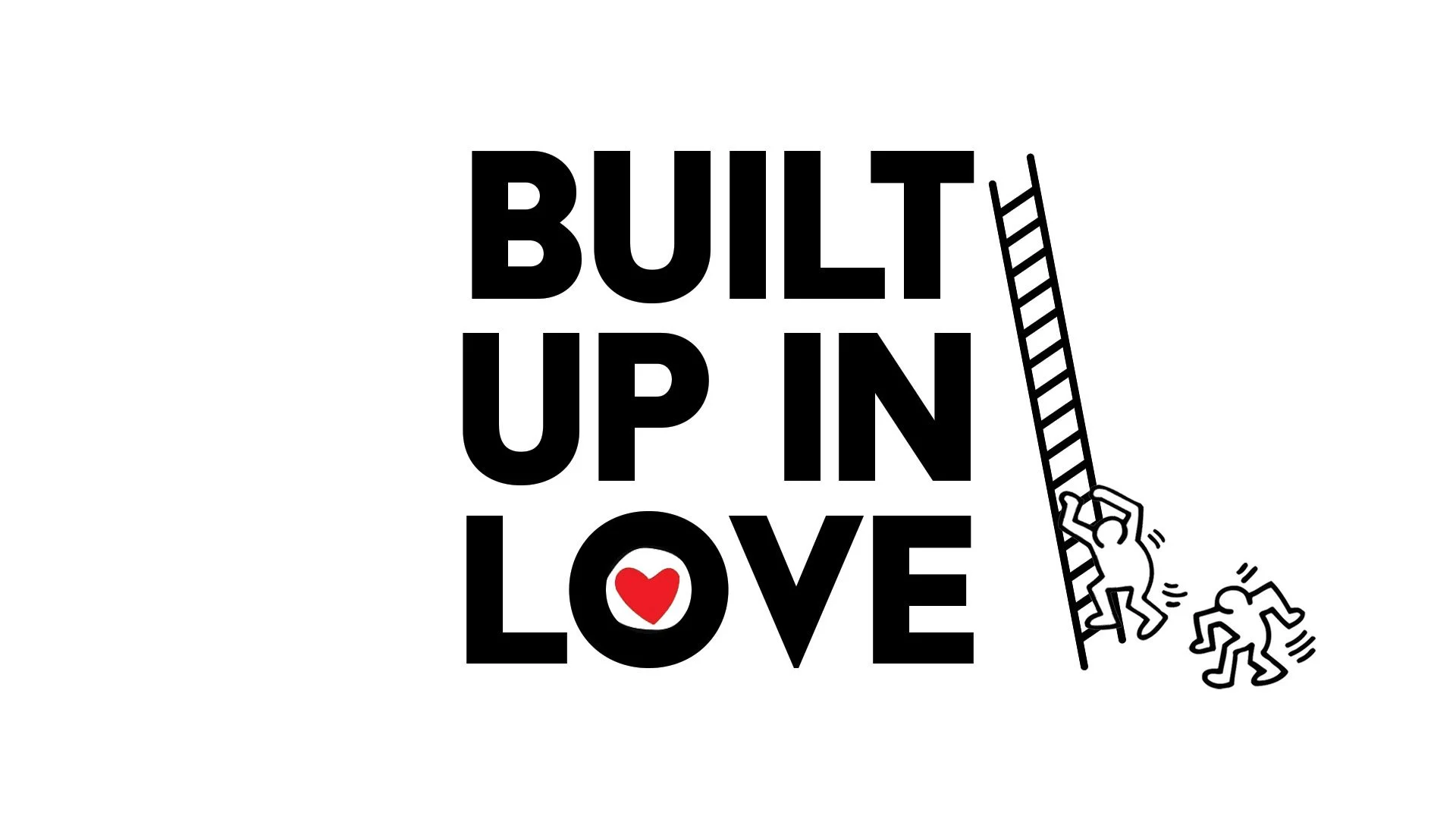About This Guide
The online groups guide is designed as a teaching series companion to foster discussion, study, and prayer, especially in a group setting.
Join a weekly group for a meaningful way to connect to our community.
pdf download
Download this PDF to help you make a plan to follow Jesus in your everyday life, including diagnostic questions to help get you started.
Pickup a print version at our weekly in-person Sunday gatherings.
more Resources
Explore a curated online collection of recommended practices and resources to pursue presence, formation, and love in your life.
Questions about the series or looking for a way to get involved? Contact us.
Love
Teaching Text: James 2: 1-13
My brothers and sisters, believers in our glorious Lord Jesus Christ must not show favoritism. Suppose a man comes into your meeting wearing a gold ring and fine clothes, and a poor man in filthy old clothes also comes in. If you show special attention to the man wearing fine clothes and say, “Here’s a good seat for you,” but say to the poor man, “You stand there” or “Sit on the floor by my feet,” have you not discriminated among yourselves and become judges with evil thoughts?
Listen, my dear brothers and sisters: Has not God chosen those who are poor in the eyes of the world to be rich in faith and to inherit the kingdom he promised those who love him? But you have dishonored the poor. Is it not the rich who are exploiting you? Are they not the ones who are dragging you into court? Are they not the ones who are blaspheming the noble name of him to whom you belong?
If you really keep the royal law found in Scripture, “Love your neighbor as yourself,” you are doing right. But if you show favoritism, you sin and are convicted by the law as lawbreakers. For whoever keeps the whole law and yet stumbles at just one point is guilty of breaking all of it. For he who said, “You shall not commit adultery,” also said, “You shall not murder.” If you do not commit adultery but do commit murder, you have become a lawbreaker.
Speak and act as those who are going to be judged by the law that gives freedom, because judgment without mercy will be shown to anyone who has not been merciful. Mercy triumphs over judgment.
Themes
Consider these themes and ask your group what else they see in the passage:
The Crown of Life: Meditations on the Book of James
Doers of the Word
Formation
Thoughts and notes you can use for discussion:
Describe every day situations where favoritism exists in our society.
“Christianity revitalized life in Greco-Roman cities by providing new norms and new kinds of social relationships able to cope with many urgent urban problems. To cities filled with the homeless and the impoverished, Christianity offered charity as well as hope. To cities filled with newcomers and strangers, Christianity offered an immediate basis for attachments. To cities filled with orphans and widows, Christianity provided a new and expanded sense of family. To cities torn by violent ethnic strife, Christianity offered a new basis for social solidarity. And to cities faced with epidemics, fires, and earthquakes, Christianity offered effective nursing services.”
– Rodney Stark
The growth of the early church is arguably the most remarkable sociological movement in history.
The prayer meeting before Pentecost 120 or so Christians
In AD 40: Approximately 1000 - 4000 Christians in the Roman Empire
By AD 350: 53% of the population had converted to the Christians faith
Believe in God or not, this is a staggering sweep of momentum…
How on earth could a Jewish political rebel, crucified on a Roman cross, become the Savior of the Empire that killed him
Something changed about the way they did life. This wasn’t a mass media movement, this was a grass roots community emergence.
For Christ’s love compels us, because we are convinced that One died for all, and therefore all died. And He died for all, that those who live should no longer live for themselves but for Him who died for them and was raised again.
So from now on we regard no one from a worldly point of view. Though we once regarded Christ in this way, we do so no longer. Therefore, if anyone is in Christ, the new creation has come: The old has gone, the new is here! All this is from God, who reconciled us to Himself through Christ and gave us the ministry of reconciliation: that God was reconciling the world to Himself in Christ, not counting people’s sins against them. And He has committed to us the message of reconciliation. We are therefore Christ’s ambassadors, as though God were making His appeal through us. We implore you on Christ’s behalf: Be reconciled to God. God made Him who had no sin to be sin for us, so that in Him we might become the righteousness of God.
– 2 Corinthians 5: 14-21
Our old way of evaluating each other is gone, has been replaced with a new way of love.
We are agents of God’s welcome, ministers of reconciliation, God became nothing to make us everything, so we are ending our small parades of self-righteous pride, to join the march of God’s healing love offered to anyone who wants it.
James knows we cannot sink back in to the old world’s way of just looking out for people who are like us or only having energy and time for those who can obviously improve our status.
James knows whatever ideas we have about God in our head, the people we text back, and the people we invite over, and culture of our welcome says what we actually believe.
In fact, this ethic of compassion finds its origins as we know it in the Christian movement. We take for granted in some sense what the early church spent their lives for.
Our culture’s view on equality has largely been shaped by the Christian view. It was not always this way.
If God has made you family, extend the welcome to all.
My brothers and sisters, believers in our glorious Lord Jesus Christ must not show favoritism. Suppose a man comes into your meeting wearing a gold ring and fine clothes, and a poor man in filthy old clothes also comes in. If you show special attention to the man wearing fine clothes and say, “Here’s a good seat for you,” but say to the poor man, “You stand there” or “Sit on the floor by my feet,” have you not discriminated among yourselves and become judges with evil thoughts?
– James 2: 1-4
The Kingdom of God is often upside down - especially regarding human appearances and status
Often being aware of our need is easier for the poor
At times the wealthy have many more levels of self-sufficiency to work through and let go
We all need mercy and we all pass on what we have received
Our actions (how we treat other people) should communicate the Gospel, not just our words.
“Mercy triumphs over judgement”
Do we have a culture of the Kingdom of God?
The kingdom He promised those who love him?
an outpost of the Kingdom of God
Extending the rich welcome - do you practice this personally?
The first are last - where in your life is this really difficult to live by?
Mercy is our lifeblood - Where do you lack mercy?
What does this do in your heart?
Where has your heart been bribed by status?
Where do you need mercy?
Where do you need to give mercy?
Parents:
How does favoritism take shape in your childrens lives? Where are they faced with temptation to show favoritism?
How can you talk about it with them around the dinner table?












